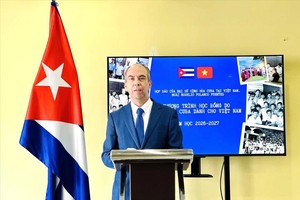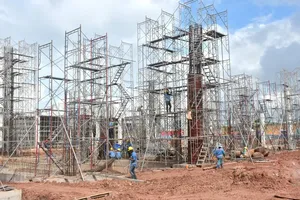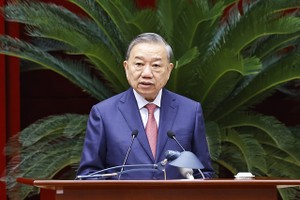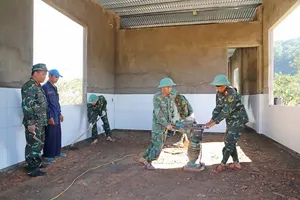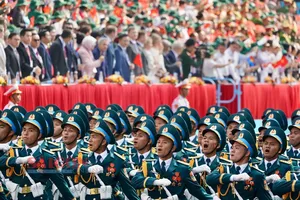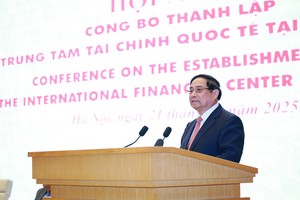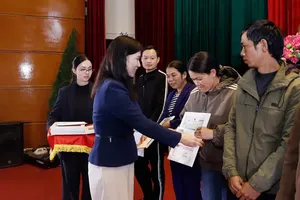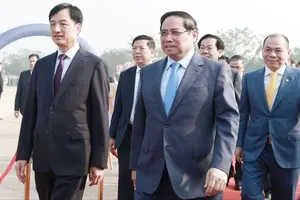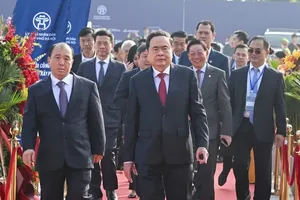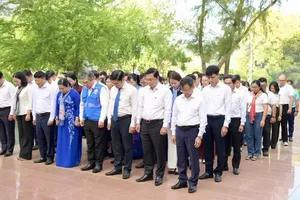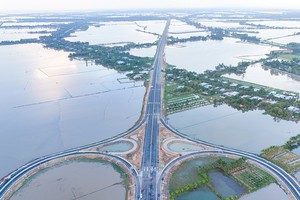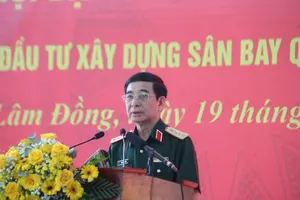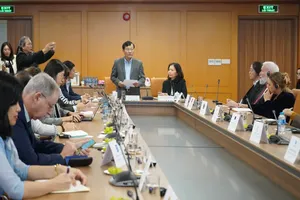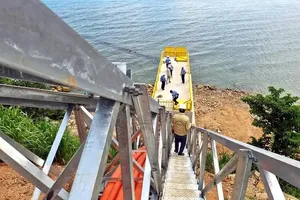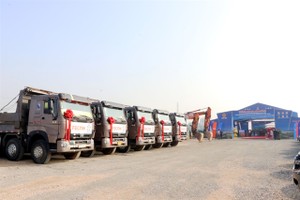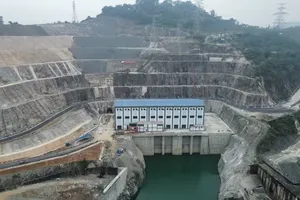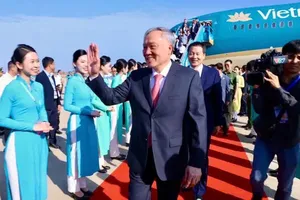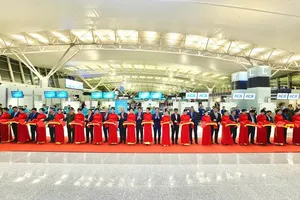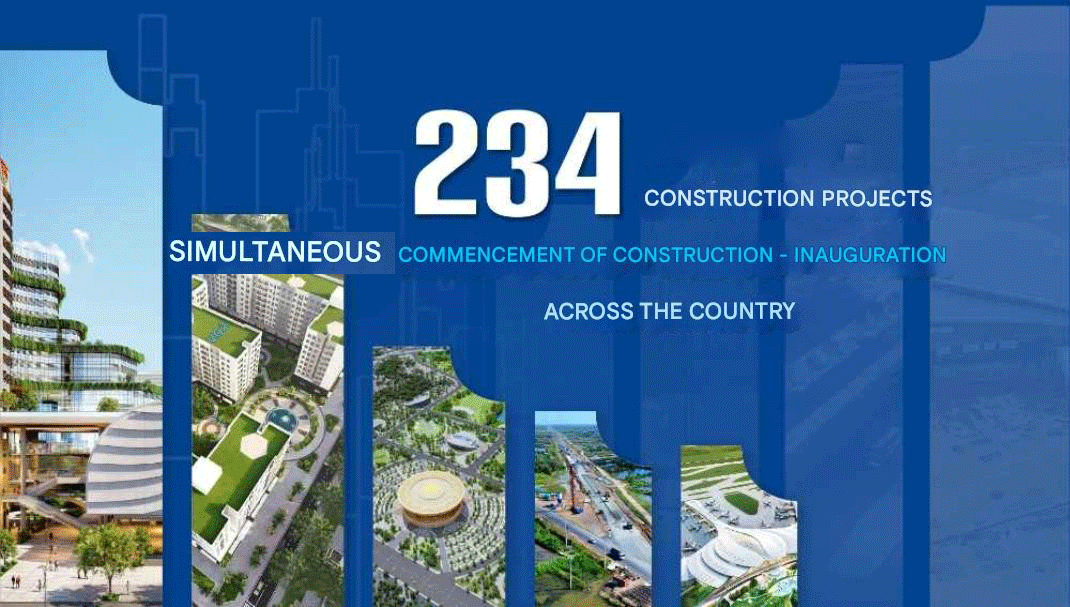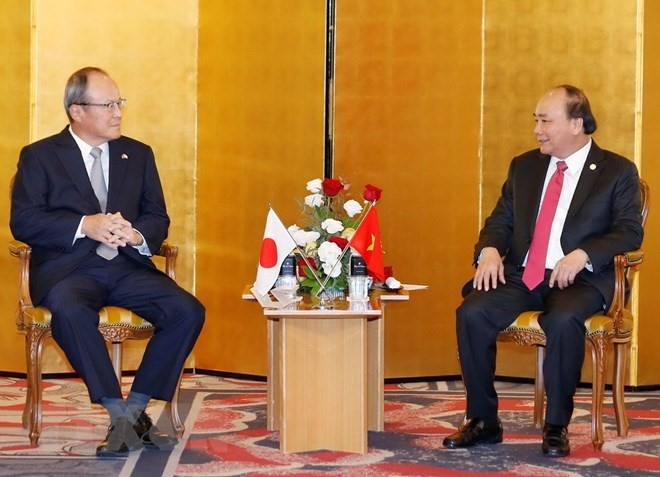
Addressing the Vietnam-Japan investment promotion conference in Tokyo yesterday, the leader explained that Vietnam was stepping up its equitisation of SOEs in the fields of transportation, aviation, food and foodstuff, agriculture, telecommunications, trade, tourism services and construction.
Japanese firms with financial strength, good business administration and extensive international markets would be welcomed as strategic partners, he said
Vietnam was also encouraging foreign investment in startups as the country was focusing on developing startups and small- and medium-sized enterprises (SMEs), he noted.
Amidst the Fourth Industrial Revolution, Vietnam was shifting its growth drivers towards sectors with high-added value and using state-of-the-art technologies and highly skilled workers, the PM said.
The country was hoping for Japanese investment in infrastructure development, clean energy, processing, electronics, manufacturing, support industries, high-tech agriculture, logistics, aviation and high-end hotels, the leader noted.
Affirming that Vietnam’s investment environment would continue to improve, PM Phuc said Japanese investors were welcome to the country for mutual long-term and sustainable development.
He said in the face of global uncertainties, Vietnam had maintained political and social stability, and consolidated the macroeconomy, with a growth rate of nearly 7 percent in the first nine months of this year.
Vietnam had also joined a total of 16 new-generation free trade agreements (FTAs), the PM said, highlighting the country’s advantages in geopolitics, geoeconomics and population, as well as internet and smartphone users.
“The Vietnamese Government is always looking at how we can improve the business environment,” he said, pointing to positive assessments of Vietnam’s investment environment by international organisations such as the World Bank, the World Economic Forum and the Nikkei, as demonstrated by the country moving up their investment environment indexes.
Phuc also noted that up to 70 percent of Japanese enterprises had plans to expand their operations in Vietnam based on factors such as rising revenues, expanding markets and competitive labour costs.
The PM said that Japan was the second biggest foreign investor in Vietnam with over US$52 billion, and the fourth biggest trade partner with two-way trade exceeding $33 billion.
In the first eight months of this year, Japan took the lead with investment of $7 billion, making up 28.8 percent of the total FDI capital poured into the country.
Japanese investments had helped lure FDI from other countries and increase competition between FDI inflows in Vietnam, he said.
The PM expressed his hope that there more initiatives and proposals would be made at the conference, thus contributing to promoting economic and trade ties between the two countries.
At the conference, PM Phúc and officials from Vietnam and Japan witnessed the exchange of co-operation documents between the two countries’ ministries, agencies and businesses with total value of nearly $10 billion.
